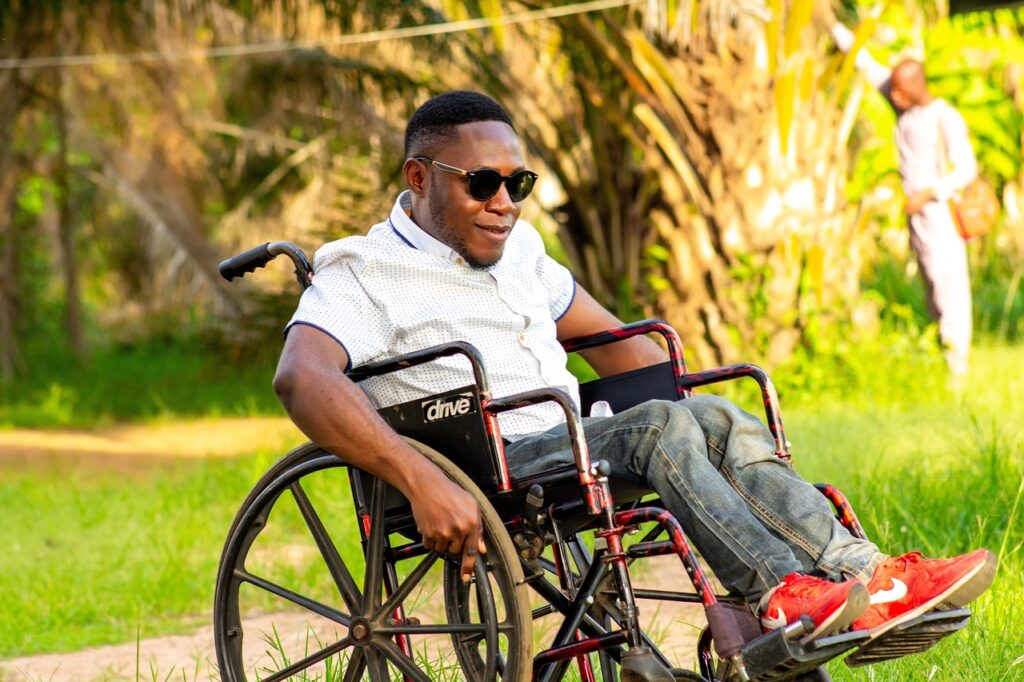
Join E4Texas as we recognize February as Black History Month. We’re hoping you’ll take some time to reflect on intersectionality to recognize and honor the rich tapestry of experiences within the Black community, including those with disabilities. Intersectionality is a concept that acknowledges the interconnected nature of various social identities (such as race, gender, and disability), and how they cross over to shape individuals’ experiences and opportunities. Throughout history, Black individuals with disabilities have made significant contributions to society, often in the face of at least two different levels of systemic barriers and discrimination. Their stories deserve to be celebrated and remembered, not just during Black History Month, but year-round.
A commonly talked about historical figure during Black history month is Harriet Tubman– a courageous abolitionist known for her role in the Underground Railroad. What is often less recognized is that Tubman also lived with a disability. As a result of a severe head trauma sustained during her enslavement, Tubman experienced seizures and other neurological symptoms throughout her life. Despite these challenges, she fearlessly led countless enslaved individuals to freedom, embodying resilience and determination in the face of adversity.
Another notable figure is the activist and scholar Audre Lorde, whose work explored the intersections of race, gender, sexuality, and disability. Lorde, who self-identified as a Black lesbian feminist poet, was also legally blind and living with chronic illness. Her writings, such as “The Cancer Journals” and “The Master’s Tools Will Not Dismantle the Master’s House,” offered profound insights into living with illness while navigating intersecting oppressions.
Claudia Gordon was advisor on disability matters to President Obama within the White House Office of Public Engagement. She holds the title of the first deaf student to graduate from American University’s law school, becoming the first Black Deaf attorney in the United States. Throughout her career, she has been (and remains) a vocal advocate for disability rights, serving in various prestigious roles such as at the National Council on Disability, Homeland Security, and the National Coalition for Disability Rights.
In addition to these individual stories, it’s crucial to recognize the broader historical context of disability within the Black community. Historically, Black individuals with disabilities have faced compounded discrimination and marginalization due to intersecting forms of oppression. From the eugenics movement to institutionalized racism within healthcare and education systems, systemic barriers have often limited opportunities for Black people with disabilities.
Despite these challenges, Black disabled activists and advocates have been at the forefront of movements for social justice and disability rights. Their activism has led to important strides in areas such as accessibility, inclusive education, and representation in media and public life.
As we reflect on Black History Month, let us honor the resilience, strength, and contributions of Black individuals with disabilities.
